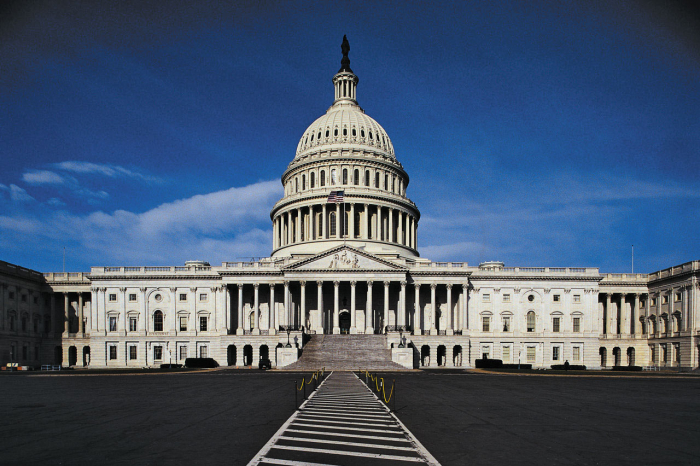The House of Representatives and Senate, with little debate and with only hours to go before government funding expired, gave congressional leaders more time to try to craft a bipartisan COVID-19 aid bill that would ride along with the massive spending legislation.
"I believe all sides feel we are making good progress on a major relief bill that would travel with the full-year appropriations measure," Senate Republican Leader Mitch McConnell, a Republican, said just before the temporary spending bill was passed.
Trump signed the bill into law Friday night, the White House said, leaving lawmakers to try to beat a new Sunday midnight deadline, which comes almost exactly two years after an unresolved spending fight triggered a 35-day government shutdown, the longest on record.
After months of partisan finger-pointing and inaction, Republicans and Democrats have been negotiating intensely on what is expected to be the biggest package since spring to provide relief to a country struggling with a pandemic killing more than 3,000 people a day.
With some support from Trump, who leaves office on Jan. 20, and Democratic President-elect Joe Biden, they have reported progress.
But significant differences remain, including a dispute over a Republican-backed plan to rein in Federal Reserve lending programs intended to ease the pandemic's economic sting.
Some Republicans accused Democrats of using the lending authorities as a backdoor way to provide aid to state and local governments that Republicans dismiss as a "slush fund" for Democratic-controlled local governments.
Other sticking points include relief for arts venues closed by COVID-19 restrictions and whether to include increased reimbursements from the Federal Emergency Management Agency to local governments for items like personal protective equipment for schools.
Many issues, though, have been settled. The coronavirus legislation is expected to include onetime checks for most Americans of about $600 each, extended unemployment benefits of $300 per week, help for states distributing the vaccine, and assistance for small businesses struggling through the pandemic.
Congressional leaders plan to attach the COVID-19 aid to the $1.4 trillion spending bill.
















































